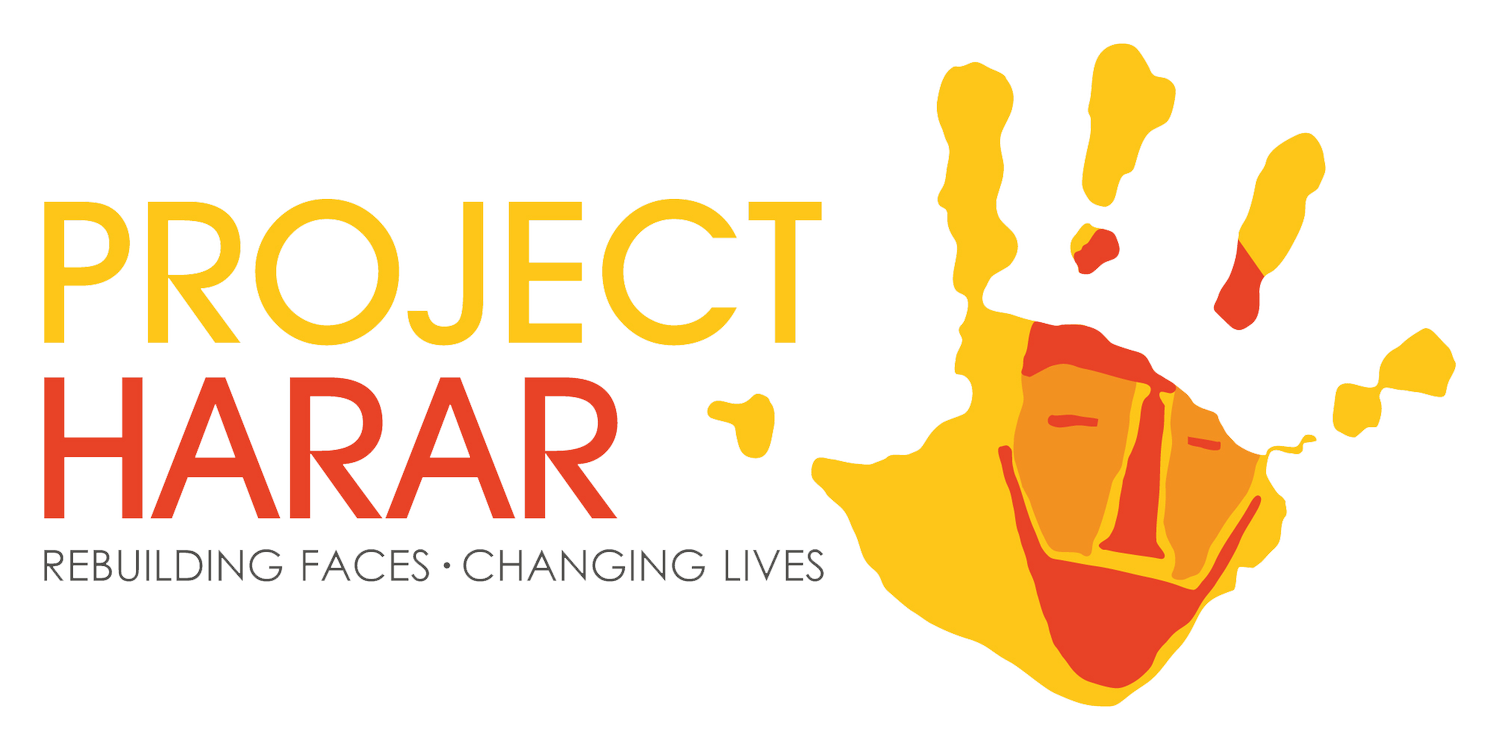YEROSAN’S STORY
Yerosan, who is eight months old, came to our programme at Asella hospital with her mother Beket and father Robsan from East Wellega.
Her mother tells us about his birth and the difficulties she faced with breast feeding “when she was born, they told me he had this disease, it was hard, I started crying, and i didnt understand why. I was so excited to have a daughter, but she had trouble sucking, so I had to feed her with other milk.”
Babies born with cleft lips often encounter challenges when it comes to breastfeeding due to their inability to create a proper seal for suction. This struggle can result in malnourishment, posing significant health risks for the child while causing immense distress for the parents. To address this critical issue, Project Harar takes proactive measures by conducting breastfeeding awareness courses and providing essential nutritional support to families affected by cleft conditions. These initiatives aim to alleviate the difficulties faced by parents and ensure that infants receive adequate nourishment until surgical treatment becomes a viable option.
Beket, Yerosan’s mother, goes on to tell us about how she hopes that she can use her experience to help others in the future. “This treatment given to my child is good. By seeing our experience, the others with this condition who have not been treated and are currently hidden in the village, will also get this treatment. In the future, I will serve as Project Harar to transmit information about this service in Kebele as well as Woreda in which I live.” Spreading awareness about cleft conditions can alleviate the stress and fear experienced by individuals facing such circumstances. By sharing information, experiences, and resources, those who are scared and uncertain can find solace and reassurance in knowing that they are not alone.
Beket highlights the unfortunate reality that children, like Yerosan, who have facial differences, often face ostracization and exclusion from society, which takes a toll on their mental health. She emphasises that receiving surgical treatment is not only vital for improving their physical health but also has a profound positive impact on their social well-being. It enables them to attend school, interact with their peers, and form meaningful friendships. However, Project Harar recognizes that the responsibility extends beyond providing treatment alone. We understand the importance of raising awareness and reducing stigma surrounding facial differences. By promoting acceptance, understanding, and celebration of all children, regardless of their appearance, aiming to create a society where every individual feels valued and embraced.



